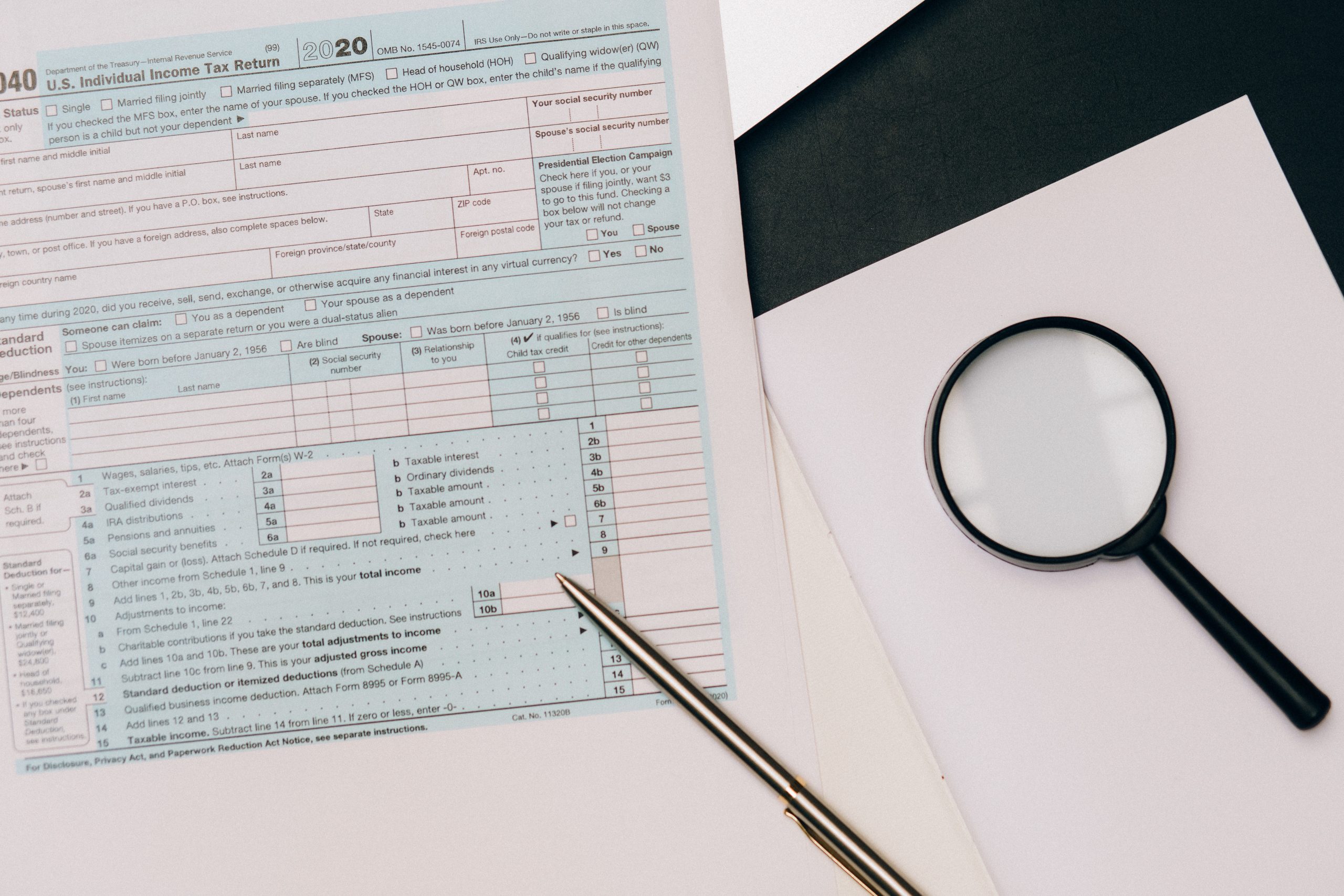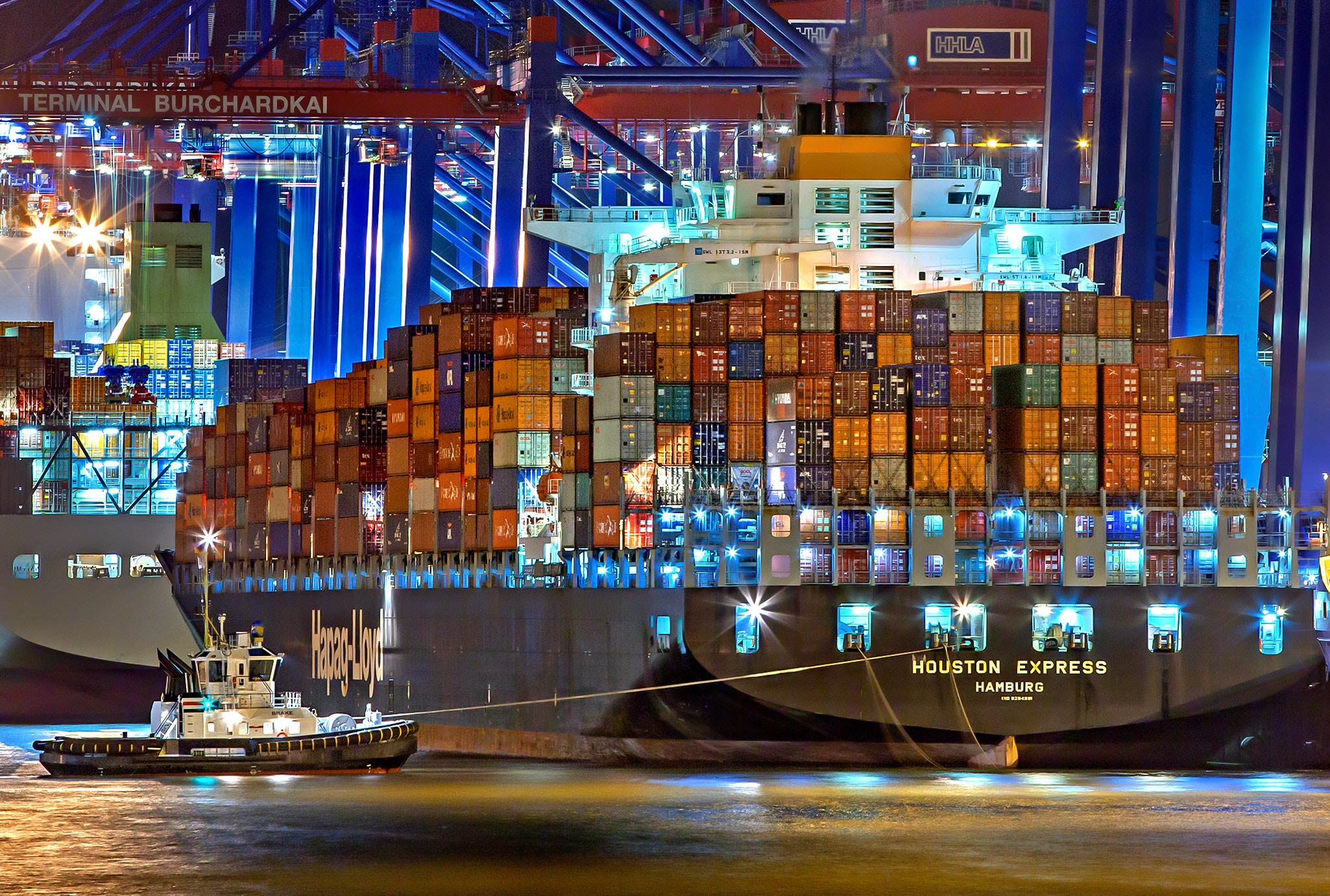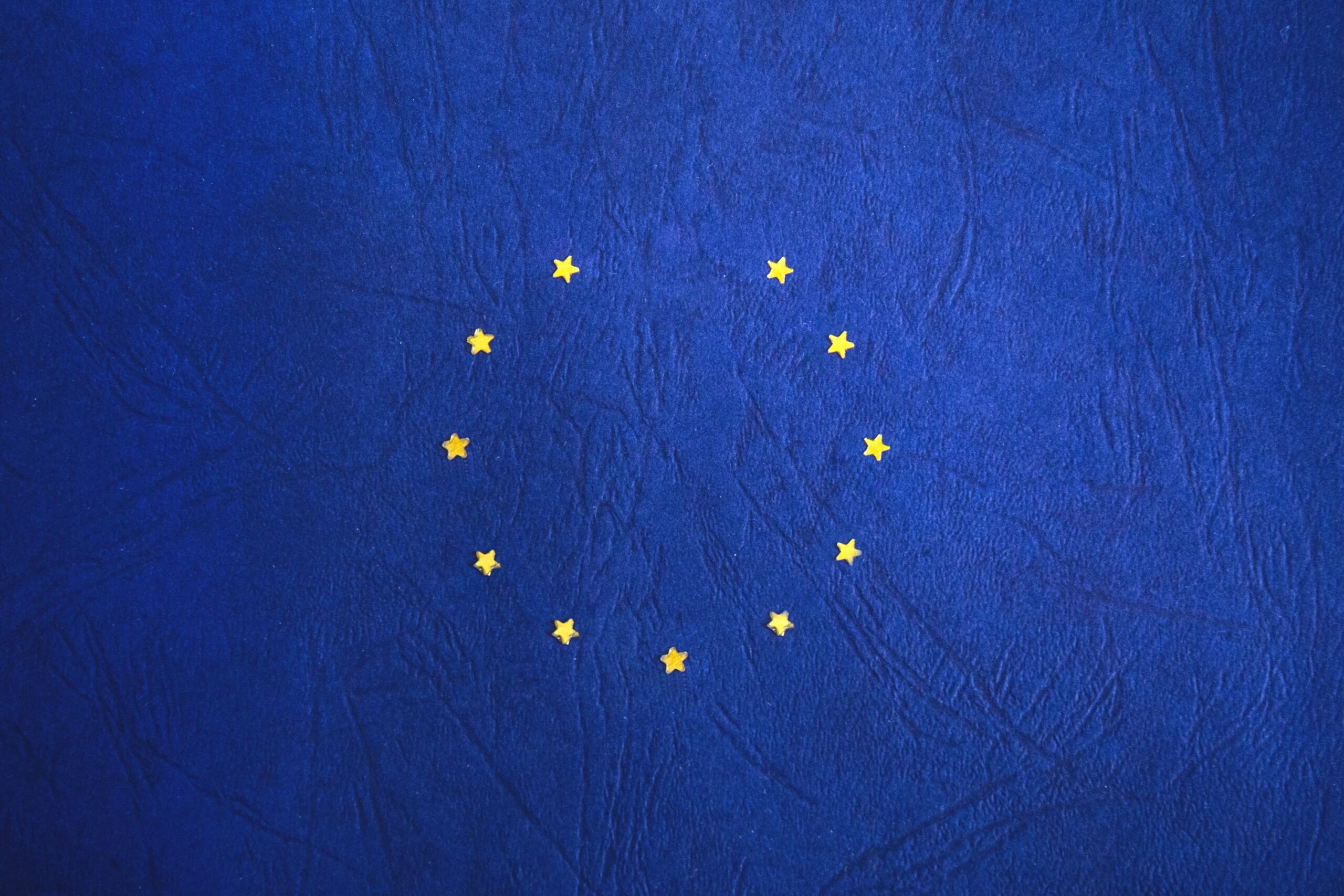International law

A study of the legislative tools to phase out e-waste in an ever-evolving digital world: environmentally sound initiatives and measures in China, the European Union, Ghana, India, Samoa, Singapore, and South Africa
Giuseppe Poderati, Hua Ji | 26 July 2023 | Issue 3/2023
Globally, governments and private parties such as businesses, NGOs, and individuals struggle to handle a growing number of used electronic devices. There are poisoning effects on land that often take many years to emerge, hindering several attempts to achieve land degradation neutrality. Legislation and legal enforcement must concentrate on eliminating and neutralizing dangerous compounds from e-waste, ensuring proper storage and preventing illicit trading. After examining relevant public international law and concerned organizations, a worldwide scenario and taxonomy of the relevant UN 2030 Agenda for Sustainable Development are assessed. The paper concludes that although public authorities are working hard to reduce environmental pollution caused by e-waste, existing international, regional, and national legislative tools and approaches could be more effectively implemented. It is necessary to take global actions to ensure environmental protection and human safety while addressing ambiguities in both national and international law.
Read More
The new tax novel: well-known characters but with volatile citizenship
Jacopo Ratti | 28 February 2022 | Issue 1/2022
Trade globalisation, digitization, the circulation of vast amounts of taxable wealth, and the ease with which elusive practices aimed at diverting taxable material can be implemented today, have greatly affected the rigid legal-tax definitions that, even today, attempt to harness these new forms of highly mobile wealth. In fact, not only do digital enterprises to avoid being rooted in a specific territory take advantage of pre-existing definitions and institutions, created to tax income earned by the so-called traditional economy; but, above all, by using new digital-tools, they directly manage to hide many segments of their activity. In this paper, after a quick review of the history of the digital economy, we will try to offer a hypothetical solution to the still controversial issue of how to tax these highly mobile incomes.
Read More
United Kingdom-European union trade agreement. General features
José Luís da Cruz Vilaça | 14 January 2021 | Issue 1/2021
The trade agreement with the UK has avoided the worst-case scenario, but it is complex and contingent. It establishes freedom of trade in goods, without avoiding the increase in customs bureaucracy. It defines an equality platform, but it provides for compensatory measures (retaliatory?) in case of departure from the standards in force. There is virtually no agreement for services, negotiations must continue. There is a moratorium on fisheries until 2026, with a gradual reduction in catches in the UK UK Exclusive Economic Zone. Europeans can travel without a visa for 90 days, but there is no general agreement on mobility. In essence, the United Kingdom becomes a third country for the European Union and the rules on the application of the Treaty and conflict resolution, based on arbitration and compensatory measures, may result in a permanent negotiation and dispute procedure.
Read MoreBrexit: challenges and opportunities in the EU-UK environmental law & policy framework
Giuseppe Poderati | 11 January 2021 | Issue 1/2021
Brexit represents a meaningful change within the legal and political framework of the EU-UK relationship. The current food and water security regulations, as well as the environmental impact assessment standards, could be considered at stake. Thus considered, this paper points out Brexit not just as a mere “breakdown” in the system in order to lower the contemporary established environmental standards. Indeed, potential environmental risks posed by Brexit could be effectively mitigated by applying the principle of non-regression, and simultaneously institutions can move forward adopting greener legal instruments and political actions inter alia creating new environmental governance and maintaining a high level of cooperation with the EU.
Read More
The New Brexit Deal: Predictable Outcome of a Lose-Lose Negotiation. A First Glance Assessment of the EU-UK Trade Agreement 24.12.2020 (second episode)
Jacques Ziller | 29 December 2020 | Issue 4/2020
The EU-UK Trade and Cooperation Agreement published on 26 December maintains access to the EU market from the UK and vice-versa, but to a quite lesser extent than EU law did. The approach of the Johnson government to the negotiations have led to a treaty that lacks the main guarantees of legal certainty that EU law was offering with the concepts of uniform application direct effect, primacy and consistent interpretation. Brexit is creating far more losers than winners.
Read More
Brexit: to have or not to have a deal? (first episode)
Jacques Ziller | 30 November 2020 | Issue 4/2020
The Withdrawal agreement, which regulates the status of citizens settled before 1 February 2020 is ensuring the continuation of EU citizen’s rights to free movement and residence in the UK ad vitam and vice-versa for the UK citizens settled in the EU. Whether there will be one or more other binding agreements on free trade and other issues between the UK and the EU to enter into force on 1 January 2021 so as to avoid a very damageable “hard Brexit” depends on variables that escape rationality and are therefore unpredictable.
Read More
While the preservation of rights acquired by EU citizens residing in the UK (and vice versa) prior to the withdrawal is ensured by the Withdrawal Agreement signed in January, and entered into force on 1 February 2020, the future of EU-UK relations depends on the outcome of the ongoing negotiations. The outcome of these negotiations remains very uncertain, given the difficulty of reaching a free trade and fisheries agreement, and given the recent British initiative of a bill presented by the British government itself as a partial breach of the Withdrawal Agreement in as far as the movement of goods between Northern Ireland and the EU is concerned. However, the negotiating tactics of the current British government - and of its leader in particular - have become clear: it is a question of the flexing of its muscles for the tug-of-war of the coming weeks. A fair and mutually beneficial trade agreement, while maintaining peace on the hard-won Irish front, is therefore still possible.
Read More